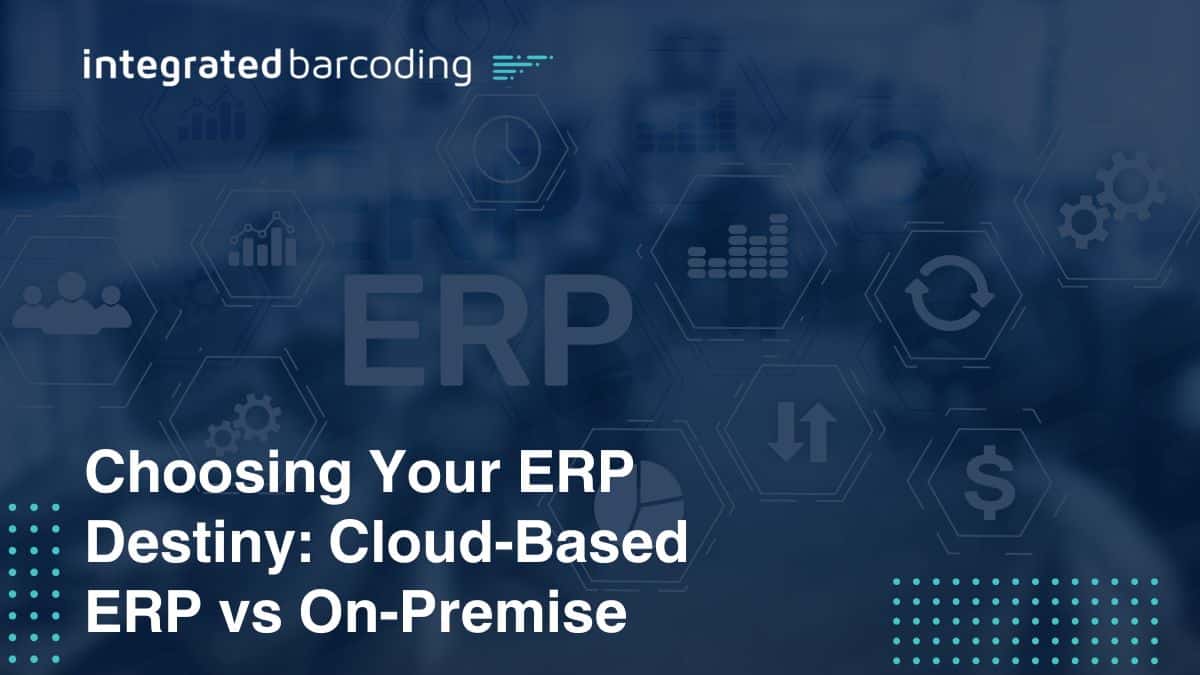In the evolving landscape of business technology, the debate between cloud ERP and on-premise ERP is more relevant than ever. Both deployment strategies offer unique benefits and challenges, which are crucial for any business looking to streamline operations. Whether it’s enhancing data collection accuracy or integrating complex systems, understanding these options is key to making an informed decision.
The Sky’s the Limit With Cloud ERP
Cloud ERP systems represent the cutting edge in enterprise resource planning technology. By leveraging internet-based platforms, these solutions offer remarkable flexibility and scalability for businesses of all sizes.
The Good and the Not-So-Good
The most significant advantage of cloud-based ERP over on-premise systems is their accessibility. With the internet as your gateway, accessing your business operations from anywhere becomes a breeze. This mobility is particularly beneficial for teams that are geographically dispersed or always on the move.
Moreover, cloud ERP systems are generally more cost-effective upfront. Without the need for hefty initial investments in hardware and infrastructure, small to midsize businesses can especially benefit from this modern approach to ERP.
However, not everything is sunny in the cloud ERP. While cloud-based ERP systems excel in ease of access and cost efficiency, they often lack the deep customization options available in on-premise solutions. Businesses with highly specialized needs might find this limitation a critical factor to consider.
Grounded in Tradition: On-Premise ERP
In contrast, on-premise ERP systems are installed locally on a company’s own servers and managed by its IT staff. This traditional approach offers a different set of advantages and challenges.
Advantages
- Ultimate customization: You can tailor the software to perfectly match your unique business processes and requirements.
- Full data control: You have complete authority over how your data is stored and managed, ensuring maximum security and compliance.
Disadvantages
- High upfront costs: Purchasing the necessary hardware and software licenses can be a significant investment.
- IT overhead: You’ll need a dedicated IT team or resources to manage, maintain, and update the system.
Ready to Power Up Your Business?
When considering ERP on-premise or cloud, you should weigh the specific needs and capabilities of your business against the strengths and weaknesses of each option. Whether you lean toward the innovative cloud-based ERP or the customizable and controlled environment of on-premise solutions, your choice will significantly impact your business’s operational efficiency and flexibility.
For those navigating these crucial decisions, Integrated Barcoding provides an essential partnership. Our expertise in ERP system integration, including support for SyteLine software, offers businesses a pathway to enhanced accuracy, efficiency, and strategic decision-making. Our solutions are designed for rapid deployment and ease of use, ensuring a seamless transition regardless of your chosen ERP deployment strategy.


